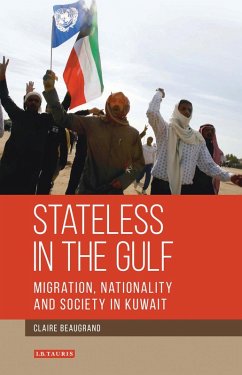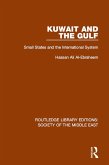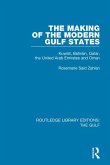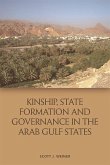The Kuwaiti population includes around 100,000 people - approximately 10 per cent of the Kuwaiti nationals -whose legal status is contested. Often considered `stateless', they have come to be known in Kuwait as biduns, from `bidun jinsiyya', which means literally `without nationality' in Arabic. As long-term residents with close geographical ties and intimate cultural links to the emirate, the biduns claim that they are entitled to Kuwaiti nationality because they have no other. But since 1986 the State of Kuwait, has considered them `illegal residents' on Kuwaiti territory. As a result, the biduns have been denied civil and human rights and treated as undocumented migrants, with no access to employment, health, education or official birth and death certificates. It was only after the first-ever bidun protest in 2011, that the government softened restrictions imposed upon them. Claire Beaugrand argues here that, far from being an anomaly, the position of the biduns is of central importance to the understanding of state formation processes in the Gulf countries, and the ways in which identity and the boundaries of nationality are negotiated and concretely enacted.
Bitte wählen Sie Ihr Anliegen aus.
Rechnungen
Retourenschein anfordern
Bestellstatus
Storno









